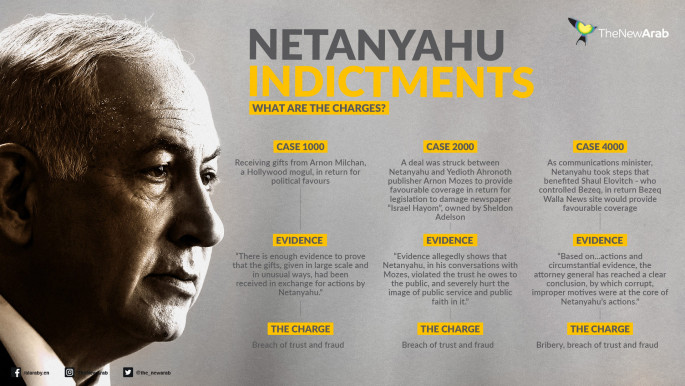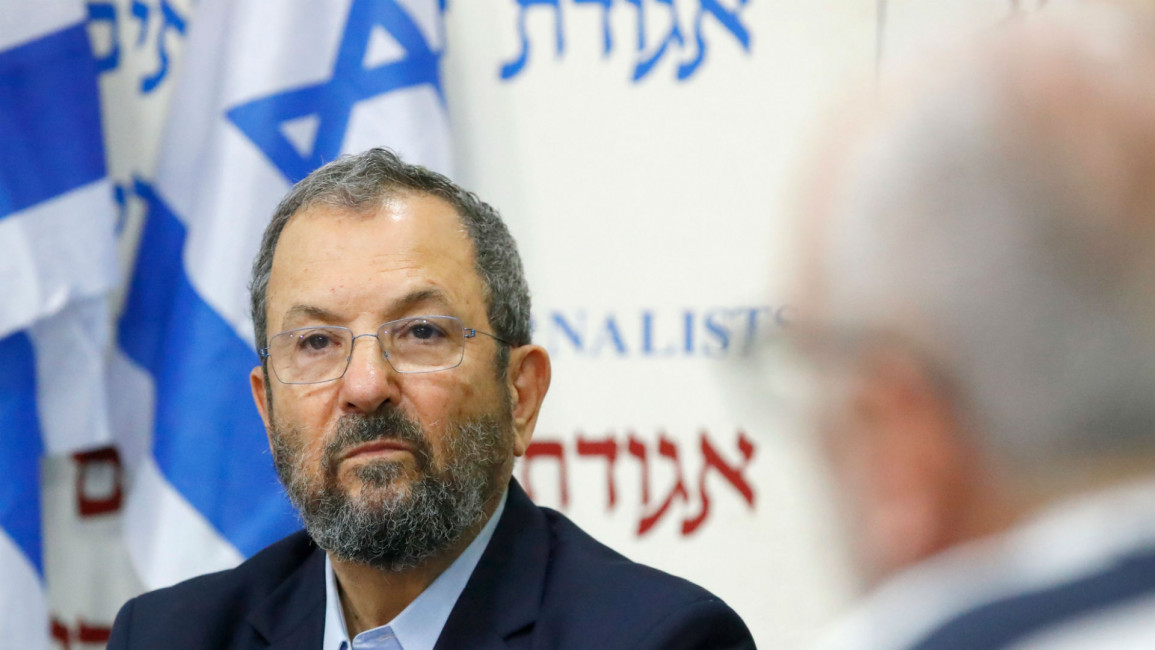With just a week left to present the final lists for September's elections, all sides were concerned they might not get enough votes by themselves to cross the electoral threshold.
Left-leaning opposition Israeli parties unite to 'counter Netanyahu'
A trio of forces in the Israeli opposition are uniting ahead of upcoming elections in hope of unseating incumbent Prime Minister Binyamin Netanyahu.
Meretz, the new party of former Israeli prime minister Ehud Barak and senior Labor Party official Stav Shaffir said Thursday they had formed the left-leaning "The Democratic Camp" to boost the bloc ahead of September's general election.
While such a union did not constitute a real threat to incumbent premier Binyamin Netanyahu's rule, it could be the catalyst for further mergers among the smaller parties fractioning both the left-wing and right-wing vote.
Meretz barely passed the threshold in snap polls held in April, which saw Netanyahu and his right-wing and religious allies win a majority.
And opinion surveys have predicted Barak's party formed in late June would not make it into parliament come September.
"The initiators of the union believe that forming the Democratic Camp is the first and crucial step in the mission of bringing Israel back on track," a statement from the alliance said.
The union was facilitated by Stav Shaffir of Labor, who will receive the second place on the list, and comes after Labor head Amir Peretz rejected the notion of joining forces with Meretz.
It will be led by newly elected Meretz head Nitzan Horowitz, with Barak taking the tenth place on the list.
Netanyahu over the weekend surpassed founding father David Ben-Gurion as Israel's longest-serving prime minister, first at the helm between 1996-1999 and then again since 2009.
His latest apparent victory in the April polls turned sour after he failed to form a coalition government and opted to move towards new elections instead.
He faces the new general election on 17 September while under threat of possible indictment for bribery, fraud and breach of trust in the months ahead.
 |
Agencies contributed to this report.
Follow us on Twitter: @The_NewArab



